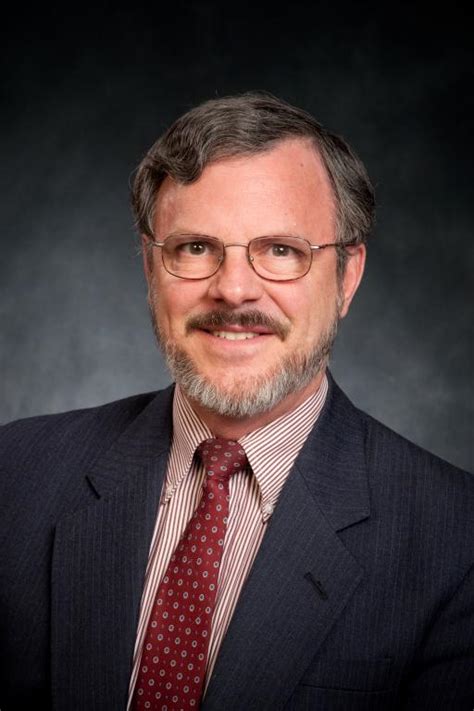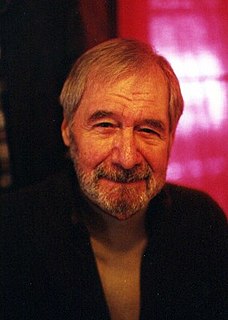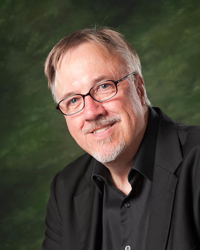A Quote by Kevin Vanhoozer
Too often, however, the church professes its faith but is unsure how to practice it. Even some of my seminary students come to theology classes somewhat reluctantly, assuming that doctrine is neither practical nor relevant to their future ministry.
Related Quotes
I am not permitted to let my love be so merciful as to tolerate and endure false doctrine. When faith and doctrine are concerned and endangered, neither love nor patience are in order....when these are concerned, neither toleration nor mercy are in order, but only anger, dispute, and destruction - to be sure, only with the Word of God as our weapon.
Theology is not a private subject for theologians only. Nor is it a private subject for professors. Fortunately, there have always been pastors who have understood more about theology than most professors. Nor is theology a private subject of study for pastors. Fortunately, there have repeatedly been congregation members, and often whole congregations, who have pursued theology energetically while their pastors were theological infants or barbarians. Theology is a matter for the Church.
The establishment of inner harmony is to be attained neither in the past nor in the future, but where the past and future meet, which is the now. When you have attained that point, neither future nor past, neither birth nor death, neither time nor space exist. It is that NOW which is liberation, which is perfect harmony, to which the men of the past and the men of the future must come.
Organizer is kind of a grand term for what I was doing. I answered an ad that the Presbyterian Church of Chicago put up on college campuses. I was at the University of Kansas, and it's somewhat relevant to my life and work that I'm a Jew. But they weren't doing a religious litmus test. They wanted energetic, civil-rights-committed college students to come help them run some summer programs.
I served for 42 years on the board of trustees of the largest Presbyterian seminary, Princeton Theological Seminary, and we had brilliant people - teachers and students both-but they did not come up with many new concepts. They weren't invited to come up with new concepts. Anybody who had come up with a new concept would have been under suspicion for being out of step with the tradition or out of step with the teachings of the church.
Martin Luther described the doctrine of justification by faith as the article of faith that decides whether the church is standing or falling. By this he meant that when this doctrine is understood, believed, and preached, as it was in New-Testament times, the church stands in the grace of God and is alive; but where it is neglected, overlaid, or denied, ... the church falls from grace and its life drains away, leaving it in a state of darkness and death.
There has grown up in the minds of certain groups in this country the notion that because a man or corporation has made a profit out of the public for a number of years, the government and the courts are charged with the duty of guaranteeing such profit in the future, even in the face of changing circumstances and contrary public interest. This strange doctrine is not supported by statute nor common law. Neither individuals nor corporations have any right to come into court and ask that the clock of history be stopped, or turned back...
There is the view I call penal non-substitution, or the penal example view. (It is also called the Governmental View in textbooks of theology.) This is often associated with Arminian theology stemming from the great Dutch jurist Hugo Grotius. However, the view was taken up by [Jonathan] Edwards's disciples in New England, who developed a Calvinistic strand of the doctrine.


































